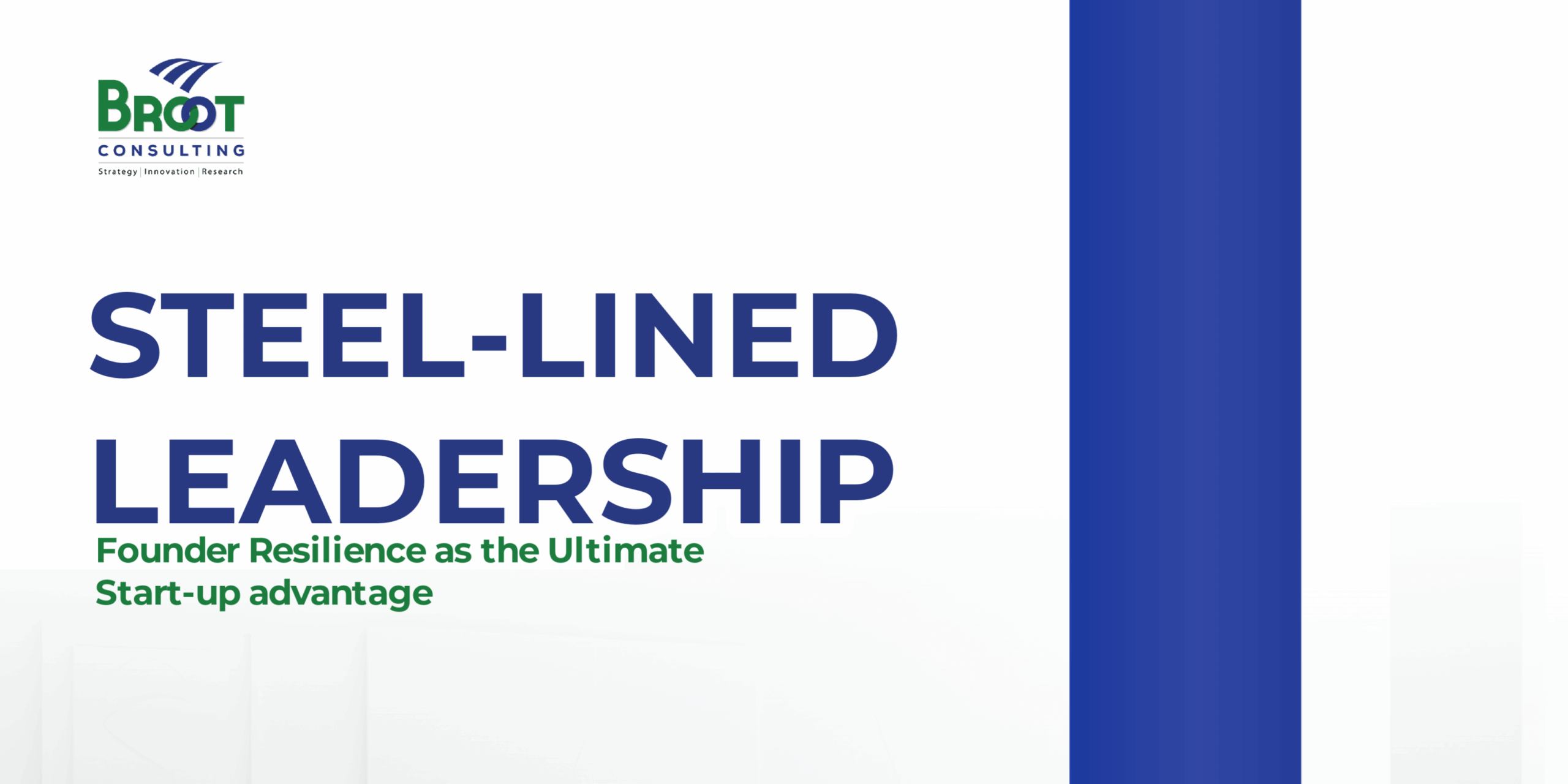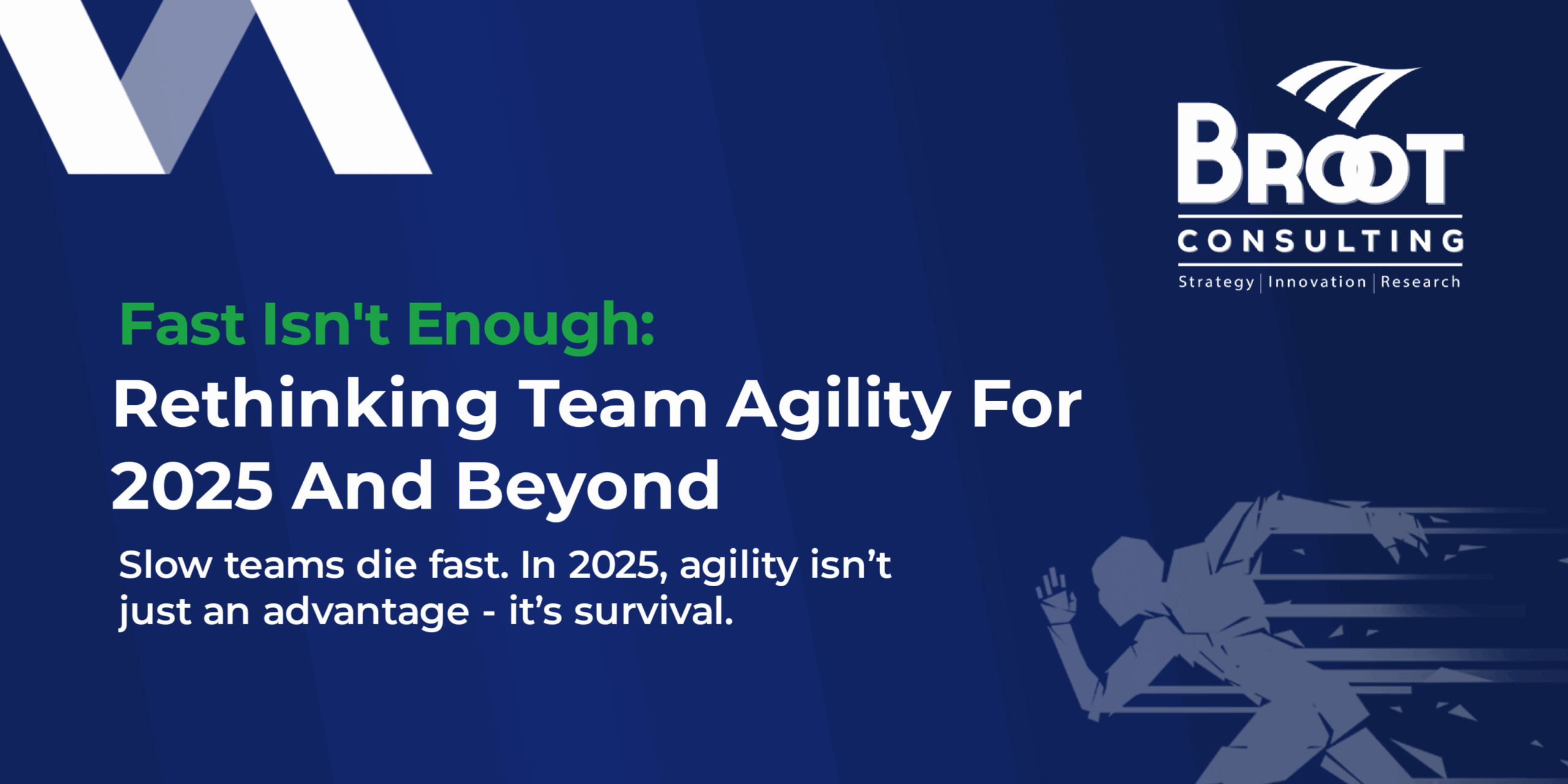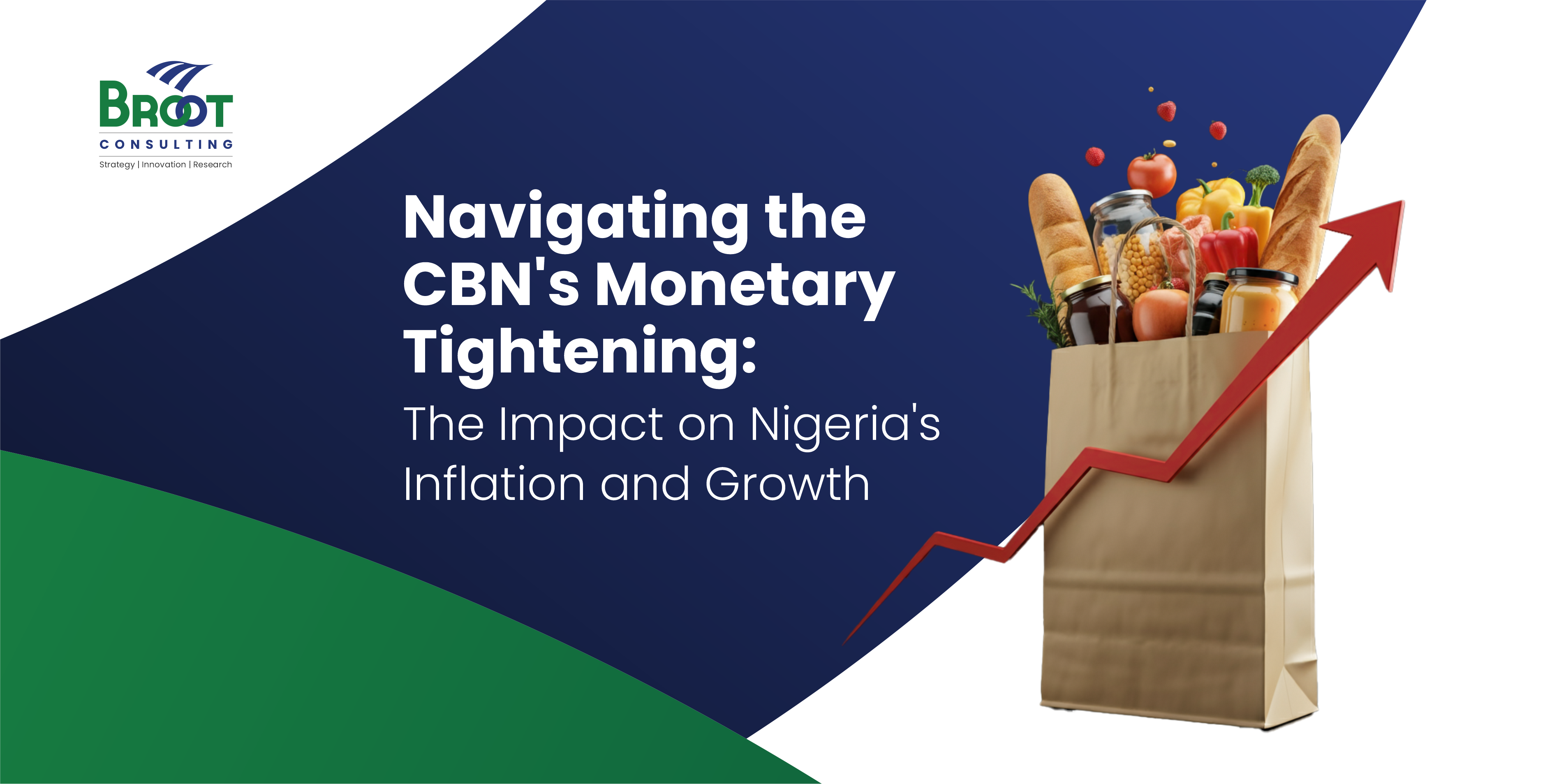Cargill Inc. started trading farm products in 1865, in the United States and for 153 years the family business grew to become the largest privately held company in the US with a revenue of $109.7 bn in 2017, with 155, 000 employees in over 70 countries. Cargill leveraged on its global knowledge of commodity prices to negotiate with local farmers; they also built colossal storage facilities which helped them control the market.
Over 153 years, 100 members of the MacMillan and Cargill families have become amazingly wealthy (with 14 billionaires). In 2013, however, CEO, David MacLennan embarked on a radical change of the company strategy, a strategy that had worked for the business for 153 years!
Why the sudden change in strategy? The company had begun to experience a loss in revenue and profit margin on a quarterly basis, because every farmer with a smartphone now has access to global commodity prices, so, Cargill Inc could not continue to say “Hey, we’re going to buy your crops, we’re going to store it, we’re going to play the carry’—you know, sell it at a profit—it’s over” -David MacLennan.
For 153 years the company strategy relied on occasional crop failure, export ban, or supply shortage to increase growth and margins. “I thought, Boy, if we wait for something to change without disrupting ourselves, we’ll be in trouble,” says MacLennan. The fear of possible disruption pushed the CEO to convert the strategy from trading operations to an integrated food company.
According to Bloomberg, the company spread its investment to aquaculture, and “Over the past year, the company has invested in Memphis Meats Inc., a start-up that’s developing beef, chicken, and duck grown directly from animal cells without raising and slaughtering livestock or poultry, and Puris, which manufactures organic and non-GMO protein from peas and other vegetables.”
In addition to this, is the corporation-wide embrace of technology. Investing in Los Alamos National Laboratory originally meant for tracking opium crops for the Pentagon. Now it helps Cargill analyse crop conditions in a more detailed manner, providing the company with enough information to offer customised optimum prices for every location around its many storage facilities.
The company is also innovating the agricultural industry by making and selling software that helps farmers stay more productive than they were before. Some of the fantastic technology developed includes a facial recognition gear for cows, to help farmers identify each cow and track what they eat and how much milk they produce. They also make “Poultry Enlighten” to scan the quality of feed. The IQuatic app works with a gadget to study underwater movement to activate feed dispensers at their shrimp farm automatically.
Cargill is now hiring more Software engineers than ever. The result of this radical innovation is a surge in profit from $1.4 billion in 2012 (the year before Maclennan took over as CEO) to $3 billion in 2017
What are the lessons for African Businesses?
Digital Disruption was encroaching on the agriculture industry, and Cargill, a pioneer in the industry, responded swiftly, leveraging the capabilities of software and technology to transform a 153-year-old strategy and winning big!
“I don’t want us to be one of those companies that missed it,” David says, “and that becomes obsolete without even realising they’re becoming obsolete.”
With digital disruption in the loom, anything is increasingly possible!
Companies are speeding up the rate at which new products are developed and tested, Directly in the marketplace. Spotify started out as a Beta App. Innovators need to move at a speed of light, Because, competitive advantage is shifting from new products to the “digitally enabled services around them” – Vehicle manufacturers are now in the software business to give customer more intelligent automobile. Banks and financial services are drawn into Software business to adapt to the cashless society and emerging trend of cryptocurrencies. Meanwhile, Software companies are increasingly moving into Automobile industry to push the self-driving cars idea. The industry silos are quickly being dismantled, – this speed will consume weak innovators (especially those who refuse to embrace digital transformation).
Innovators Leverage on the power of data and software
Data and software add enormous value to physical products. Traditional companies (not native tech companies) must begin to explore ways to leverage the amount of data that is available. Predictive analytics shows patterns that drive idea generation and empower leaders to make informed decisions. Already, companies like Schneider Electric is building internet-connected chips to their products to track information from where they can draw insights.
From the preceding, Cargill invested in technology that helped them monitor prices of commercial crops and this significantly improved their pricing in the “agritrading” business. More so, Cargill cut down their lines of business from over 100 to just a dozen, by selling off the underperforming units, including its energy trading unit which had several billion under management, and some of their grain elevators and channelled their resources towards technology and tech improved operations. About investing in aquaculture, the CEO said, “Certainly the world’s going to eat more fish going forward, so we will continue to invest in aquaculture,” he could only know this from advanced data analytics. Big innovators such as Apple, Google, and Microsoft invest heavily in Big Data.
In Africa, Twiga foods, an aggrotech start-up which raised $10.3 million Series A funding, is innovating the agriculture retail business by analysing data derived from mobile phone users to customise supply of agricultural products from farmers directly to retail outlets in Kenya. In April 2019, they announced a partnership with IBM to implement blockchain-based microfinancing.
Data and software can be used to create a whole new experience for consumers.
What are the risks of not moving fast enough?
The obvious risk is the fact that a company that doesn’t adapt their strategy in this age of interconnectivity runs the risk of going out of business. Every company must begin to explore the possibilities inherent in Big Data, the speed of adopting new technology, mobile capabilities etc., or risks being the next camera Lucida, which despite pioneering innovation in optics in 1800, was swept away by incremental technology.
What do you need to do?
- Allocate resources: There is a need for deliberate allocation of resources both human and financial resources towards digital transformation. It will do every firm a lot of good to digitise internal processes and external delivery.
- Speed up: One of the numerous advantages of digital transformation is that it has drastically reduced the cost of R&D. Therefore, innovators are scaling up the speed with which products are developed and deployed to the market. Prominent innovators develop and test products in real markets, this helps them gather enough information to develop the product and relaunch in an agile and iterative manner from the experience of the customers.
- Take smart risks: Tesla made a big bet when it started to make cars that run on batteries, the emerging auto giant is not afraid to fail publicly, Tesla is ranked #6 on the list of 2018 most innovative companies of 2018 as compiled by Boston Consulting Group. Innovative companies take risks, for there’s a higher risk in doing nothing. Establish what you are good at and explore new horizons.
There are no rules anymore
Innovative businesses, in Africa and even globally, the Jumia, Twiga, M-Pesa, Tesla, Apple, Google, Microsoft, etc. are pushing out new products at a scarily fast speed, collaborating more, raising the stakes by deploying profoundly better products. All these companies have one thing in common, they have embraced Digital Technology wholly. Traditional corporations cannot afford to pursue innovation in the usual ways anymore, to do so is to place a big sign to welcome disruptors, and just like a character from Ernest Hemingway’s novel The Sun Also Rises asked his friend “How did you go bankrupt?”. “Two ways” his friend replies. “Gradually then Suddenly”. The time to embrace digital is now.
Cornelius Udeh
Associate Consultant , BROOT Consulting
Digital Transformation Enthusiast
cornelius@brootc.com




